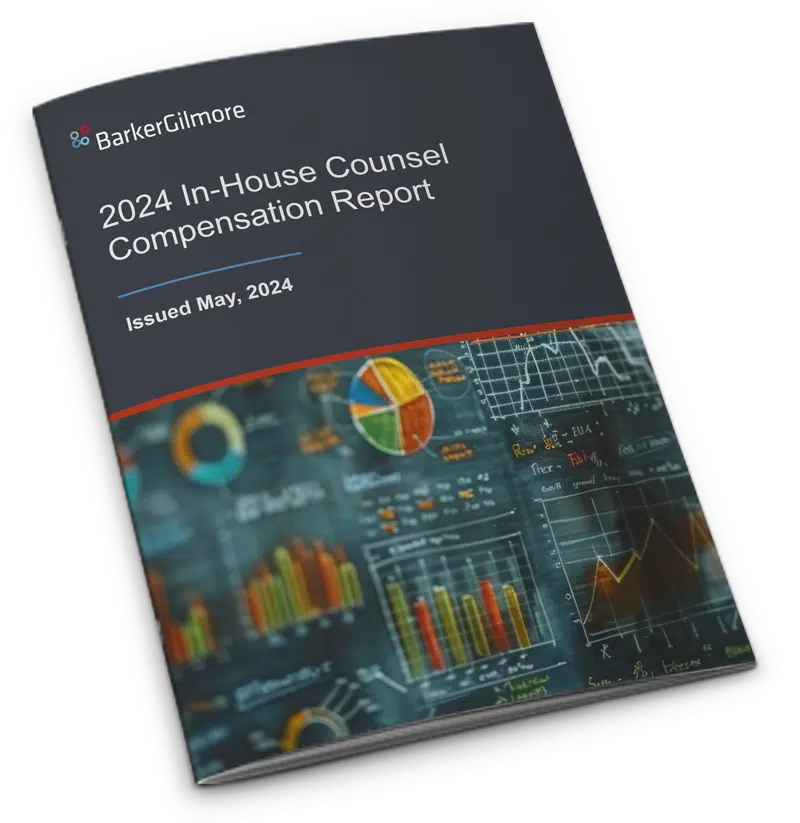Strategic Advisors and Coaches Helen Pudlin, former EVP and General Counsel of The PNC Financial Services Group; Ann Harlan, former VP, General Counsel, and Corporate Secretary of The J.M. Smucker Corporation; and Michael Williams, former EVP, Chief Legal Officer, and Secretary of Staples, Inc., are joined by Gregory Jordan, General Counsel and Chief Administrative Officer of The PNC Financial Services Group, to discuss how to balance and fuse these roles effectively.
Below are highlights from the webinar. To learn more, the video recording and podcast are available on this page.
General Counsel and inside lawyers are expected to manage legal risk and simultaneously serve as business partners, working with the C-suite and the board to help stakeholders achieve performance goals and strategic objectives. As they strive to meet legal and business demands, in-house counsel may experience tension between the efforts.
“The great value of an experienced General Counsel having a strong relationship with business executives is their business judgment is quite critical and is often as good as the business judgment of anybody else in the room.”
Helen Pudlin
Structure the legal department to allow for a lawyer in each business unit.
In today’s business world, most GCs are already a part of the C-suite, providing legal advice and counsel, and are also on equal footing with other business leaders. To further integrate the lawyers into the business, the GC can assign lawyers within the department as the principal point of contact for each business unit, making them exclusive to the team. Further underscoring this designation, the lawyers can also be relocated from the department and physically placed within the business units or on the same floor or area of the building. Proximity facilitates communication and trust and reinforces the image of the lawyers as an essential part of the business team.
“I had a rule for my business unit lawyers regarding meeting conflicts. If there was a business unit meeting, for example, a business review that was important for the lawyer to attend versus a law department meeting, the business unit meeting took precedence. This sent a message that placed the business first and foremost in everyone’s mind.”
Michael Williams
Be mindful of the fine line between legal and business risks.
Lawyers who are not perceived as business partners will have limited involvement and knowledge of what’s going on in the business unit. It’s dangerous for corporate legal executives to think that business leaders are capable of, or even good at, identifying legal risks, even though they may excel at business. When lawyers are part of the business discussion, they are not there to be naysayers but to help executives identify the legal risks early in the game and save the business from any possible future consequences. However, the difference between business and legal risk is not always clear.
“How you manage the tension between being a good legal advisor, and a business partner is all wrapped up together. If you’re in the room from the start, you can mitigate the risk and be mindful that business risks have legal components and business components. It’s almost foundational to be in the room and to say ‘no’ when it’s necessary, and it all stems from the relationship you have with your colleagues in the C-suite.”
Ann Harlan
It’s essential to understand the business, gain credibility, and assess legal and business risks.
Serve as a direct advisor and an open, transparent partner.
Suppose GCs want to help business leaders achieve their objectives yet have significant concerns about the legal risks, the reputation risks, or the ethics of their proposed actions to the suggested alternatives. In that case, it is most effective to be straightforward, clear, and candid. When talking to business leaders about their views on the issues under consideration, be clear when a hard “no” is required due to any questions of legality. If another situation creates a risk that can be avoided, present a plan to work around it. In some instances, only a recommendation may be required.
“We recognize there are various ways to do something at certain times, and a business decision needs to be made by the business executives and not us. I calibrate the risks along the continuum of options, present them, and let the business executives know; since they are closer to the issues, I will respect their decision. Having a close and trusted relationship allows you to do that well.”
Gregory Jordan
Helen Pudlin, Ann Harlan, Michael Williams, and the rest of BarkerGilmore’s team of esteemed professionals can help accelerate the initiatives you’re already pursuing or supplement your current strategic thinking to assist you in realizing your vision. Reach out if you or your organization may benefit from BarkerGilmore’s recruiting, leadership development and coaching, or legal and compliance department consulting services. Let BarkerGilmore help you build, develop, and optimize your legal and compliance departments.
Connect with a legal recruiting advisor
* indicates required fields






